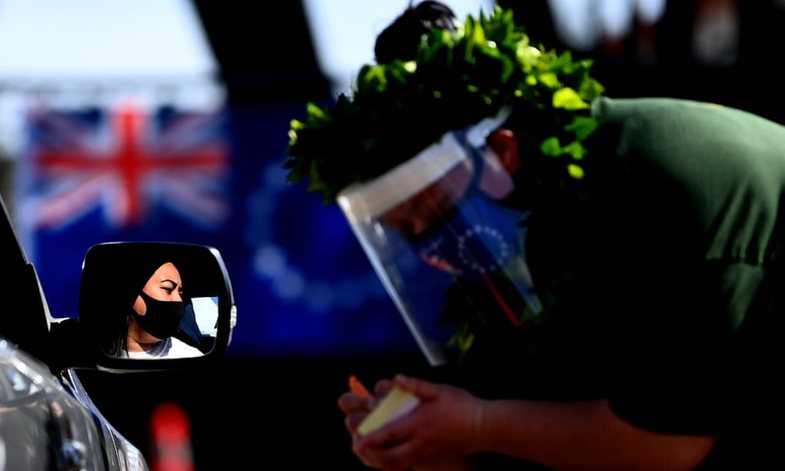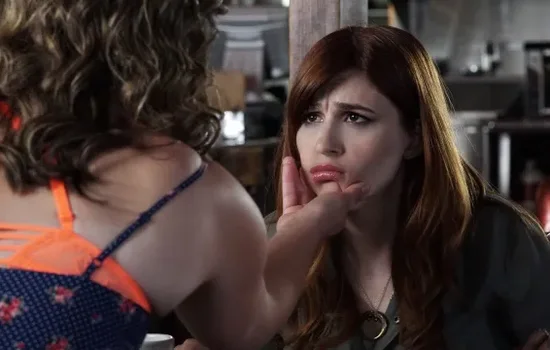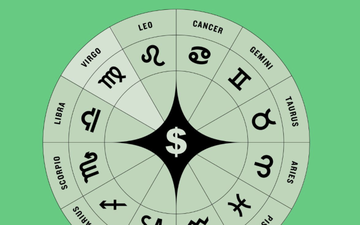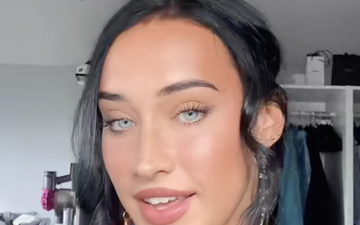
The New Zealand government is using a host of strategies, tricks and methods, strange and wonderful as well, to persuade people to get the vaccine.
These efforts are related to the campaign to vaccinate the last 20% of the population that should be vaccinated. The numbers of daily infections are rising and some parts of the country are closed, so the government appears to be in a race against time trying to raise vaccination rates to prevent the virus from spreading on a large scale.
The national airline, Air New Zealand, announced this week that it will transform a 787 Dreamliner aircraft into a new vaccination clinic, where people will be able to consume something and have fun during the 30-minute post-vaccination flight.
Also, a reward that health care providers have thought of for those who are vaccinated is chicken. At a Papatoetoe supermarket, workers were promised they would leave with a hot roast chicken for each vaccine. Elsewhere, there was a large KFC basket for those who were hungry after a vaccination over lunch. In Hamilton, people could get their favorite McDonald's hamburger if they showed they had the vaccine.
In Christchurch, people vaccinated would be offered fish and chips. Other countries provided chocolates, supermarket coupons or ice cream.
The town of Nelson hosted a vaccination event at the local speed racetrack, with free tickets for those being vaccinated.
Some vaccination clinics have also built a "sensory room" - a therapeutic space with a range of equipment that provides comfort to people with disabilities - to make it the best experience for people with autism, intellectual disabilities or sensory processing disorders.
"New Zealand has been a world leader in case numbers, hospitalizations and deaths. I believe we can also be a world leader in vaccines," said Prime Minister Jacinda Ardern.
It is not clear whether these types of stimuli are sufficient for people who are reluctant to get the vaccine. However, for New Zealand every small percentage seems to apply. As of Thursday, 81% of residents who need to be vaccinated - those aged 12 and over - had taken one dose, while 59% were fully vaccinated.
Sources: Guardian, New Zealand Herald





